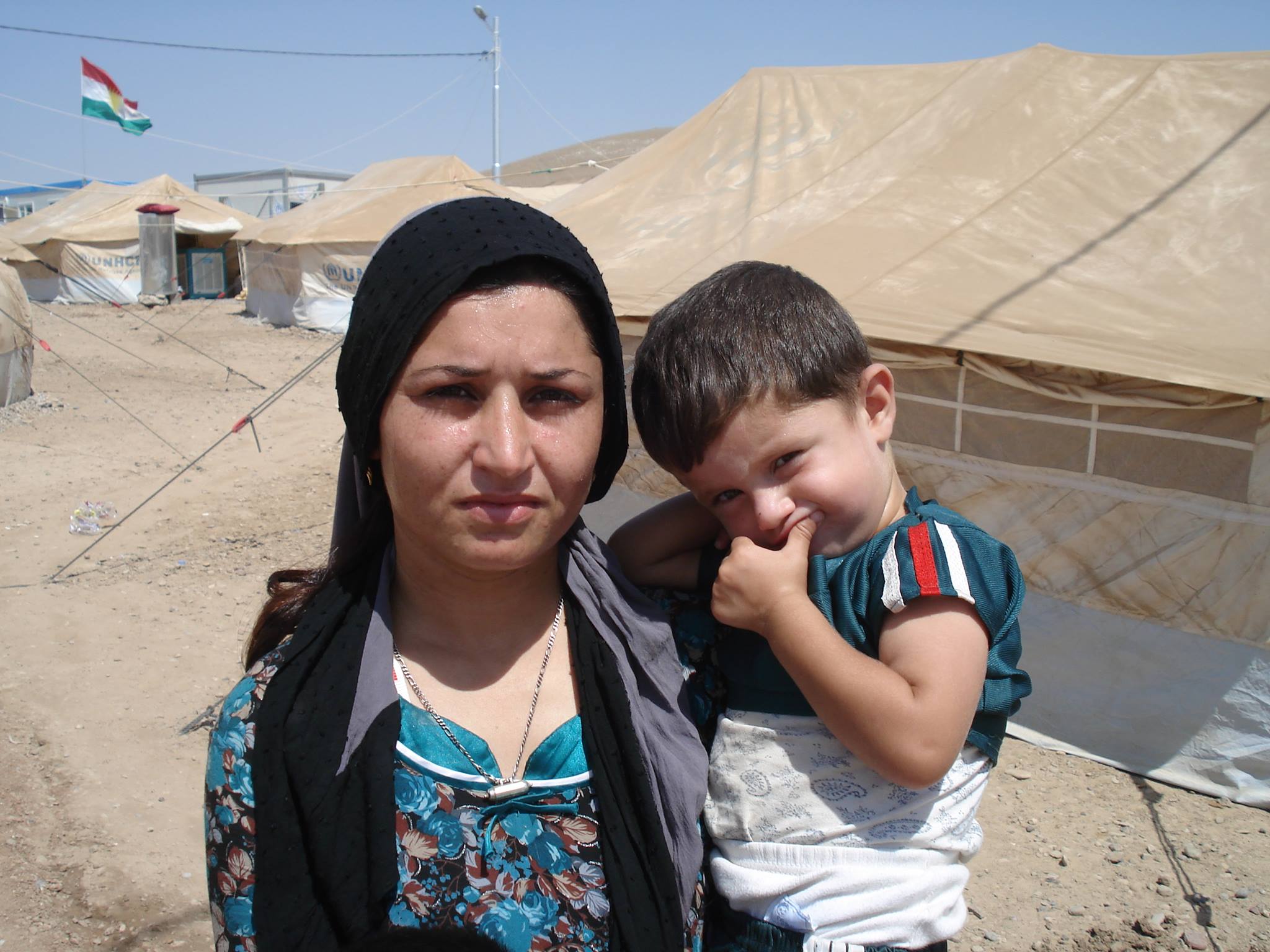Rowan professor finishes deceased colleague’s book about Confederate Jewish woman


Dianne Ashton, a professor of world religions and philosophy at Rowan University, died in January 2022. At the time, she was working on her final scholarly project: a ten-year study of the life of Emma Mordecai, a Confederate Jewish woman who owned slaves.
Mordecai held on to her Judaism at a time and place when there were few Jews, many of her family members were converting, and evangelicals in the South were actively trying to convert Jews.
When she died, Ashton had a manuscript and a book proposal about Mordecai’s life. It was based on the Confederate diaries. But it was unfinished, the professor said. It needed extensive editing.

That’s why Melissa R. Klapper, a history professor at Rowan University, picked up her colleague and friend’s project where she left off. Klapper, an American Jewish historian who appeared on “Jeopardy!” in 2023 and won three games, completed the project and will see it through to publication with New York University Press. She did so with the blessing of Ashton’s husband, Richard Drucker.
“I was surprised at how generous the offer was,” Drucker said.
“The Civil War Diary of Emma Mordecai” will be published in October.

Klapper talked about why she wanted to help her deceased friend.
Why was it important for you to take up this project?
Dianne Ashton was a long-time mentor of mine, even before I came to Rowan as a professor in 2001. I met her at conferences. She was a wonderful, enthusiastic mentor to people who were studying American women’s Jewish history.
Then we became colleagues. We read sections of each other’s work. So I already knew about this project.
I knew that if no one tried to stop the project on their behalf, it would simply disappear. Their ten years of work would be lost. I just couldn’t bear that thought.
Emma Mordecai reads like a character from a novel. How did your decision to take on this project have to do with her?
I’m not a Civil War historian, so I learned a lot. It was immediately clear that this was a very unusual story.
She was one of 13 children, and many of them converted to Christianity. Given how many people in her family converted, she made important life choices by remaining faithful to Judaism.

I learned that she had a very good education. A much better education than was usually given in the South. Her father opened a school. It became a famous school for young ladies throughout the South.
She has a distinctive voice. She lived through difficult times. I really appreciate her devotion to the religion of her fathers, as she describes it. And yet she was a slave owner.
She clearly shared the horrible racist attitudes of many white people during that time. On the one hand, she is experiencing hardship during the war. On the other hand, she is part of this horrific system. It is important to use someone like her to judge how nuanced and complicated the story is.
Dianne Ashton has used specific Jewish experiences to provide general insights into American Jewish history (in books such as Hanukkah in America: A History and Rebecca Gratz: Women and Judaism in Antebellum America). How does this project contribute to that legacy?
She tries to understand the experiences of ordinary people.
I think many people don’t realize how much pressure Jews were often under in the period before the American Civil War to stop being Jews.
There were about 150,000 Jews living throughout the United States. Most of them did not live in the South.
She (Emma Mordecai) founded a Sunday school for Jewish children based on the model of Rebecca Gratz in Philadelphia. She wrote a school textbook for Jewish children.
She was a role model for loyalty to Judaism, a conscious decision that she made. She became a role model for devout Judaism.
(email protected)



